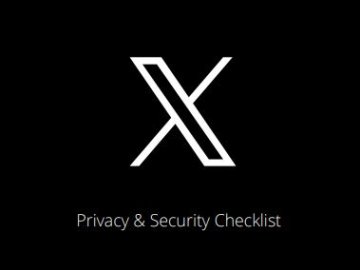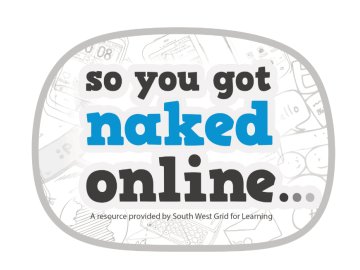Logical reasoning is one of the key Computational Thinking concepts in the new primary Computing curriculum. So what does it mean to think logically, and how can logic be incorporated into the everyday primary classroom?
What is Logical Reasoning?
Logical reasoning is all about being able to explain why something happens using facts and knowledge that we know to be true. Thinking logically enables us to effectively make decisions and predictions, and also analyse and understand events that have already happened.
Here is a simple example – I know that when it rains I get wet. It is forecast to rain today, therefore I will take my umbrella to ensure that I don’t get wet.
How is Logical Reasoning used in Computer Science?
Computers do not have the power to think independently (at least, not yet!), they will follow any instructions given to them in the order provided. Given the same set of instructions, two computers will give exactly the same output. For this reason, computers are predictable. We can therefore use logical reasoning to write computer programs that perform exactly as we wish to, and also use our knowledge of algorithms to debug a computer program that isn’t working as it should.
Software engineers use logical reasoning all the time in this way - they draw on their knowledge of how computer hardware, the operating system (such as Windows 8, OS X) and the programming language they’re using all work, in order to develop new code that will work as they intend.
How can Logical Reasoning be taught across the primary curriculum?
Logical reasoning is not only used in computer science, we all think logically every day when making decisions and predicting what may happen. For exmaple - I have just seen on the news that there has been an accident on my route to work, therefore I make the decision to leave early as I predict that there will be associated traffic issues.
Pupils can be introduced to logical thinking in all areas across the primary curriculum, some examples could include:
- English - pupils might explain what they think a character will do next in a novel, or explain the character’s actions in the story so far.
- Science – pupils use logical reasoning to make predictions in experiments e.g what will happen to my plant if I put it in a dark cupboard? Why?
- History - pupils should discuss the logical connections between cause and effect; they should understand how historical knowledge is constructed from a variety of sources
- Design and technology - pupils reason what material is best suited to each part of their projects
- Maths – pupils use logical reasoning to calculate the rule (or algorithm) for a number sequence using patterns they can see between the numbers
- Philosophy – pupils analyse arguments and justify their opinions
The Barefoot Computing project has developed a range of free resources to support the new primary Computing curriculum, including a number of resources focusing on Logic. All resources are available for free from Barefoot Computing and contain both self-teach materials for teachers, and exemplar lesson plans for use in the classroom.






